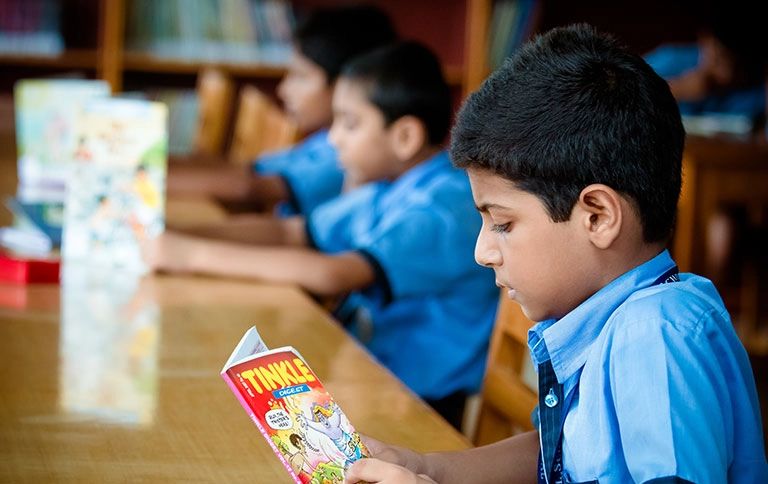In rural India, 25 percent of teenagers aged 14 to 18 years cannot read a second-grade book and about 60 percent cannot measure properly on a scale. Such figures indicate that the quality of our school system in rural areas is at a low level. The annual school survey of the voluntary organization Pratham Foundation states that about 87 percent of adolescents aged 14 to 18 years are enrolled in schools, but the dropout percentage increases with increasing age. This report is based on a survey of about 35 thousand teenagers in 28 districts of 26 states. This age group was last surveyed in the annual report of the organization in 2017. During the Corona pandemic, concerns were raised that older teenagers might leave studies to earn a living, but the report found that this did not happen. This is satisfactory, but mere admission in school will not suffice. We have to improve the level of education. There is a gap of six years between the years 2017 and 2023, but there has been no significant qualitative improvement in the standards of adolescents. Girls are performing better than boys in reading texts in regional languages, but boys are doing well in reading English texts and mathematics. For the first time in this report, a survey has been conducted on the selection of subjects in classes 11th and 12th.
In these classes, 54 percent students are studying Arts and Humanities subjects, while 9.3 percent are studying Commerce and 33.7 percent are studying Science. Girls are lagging behind boys in terms of studying science. If teenagers do not know the basics at the school level, they will either not be able to study further or will drop out after school. More than 65 percent of the country’s population lives in rural India and about 47 percent of the country’s people depend on agriculture for their livelihood. For this reason, development of rural India is high on the priorities of the government. Efforts are being made to increase employment related to agriculture and other local activities in villages and towns. Therefore, it is important that adolescents and youth are educated and learn skills. If this is not done properly, they will not be able to connect with the development work happening at the local level, nor will they get good opportunities in the cities. Central and state governments have increased budget allocation on education and have paid attention to enrolment, appointment of teachers and availability of resources. But this is insufficient. Government, society and parents all should ensure that children get good school education.

